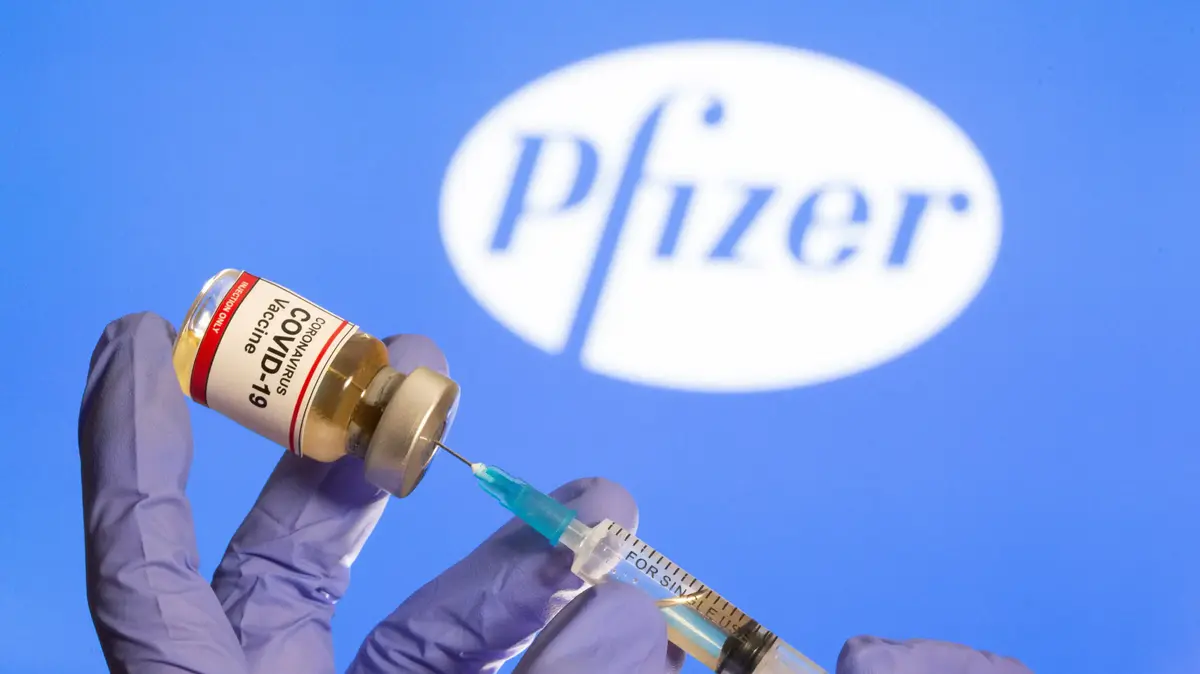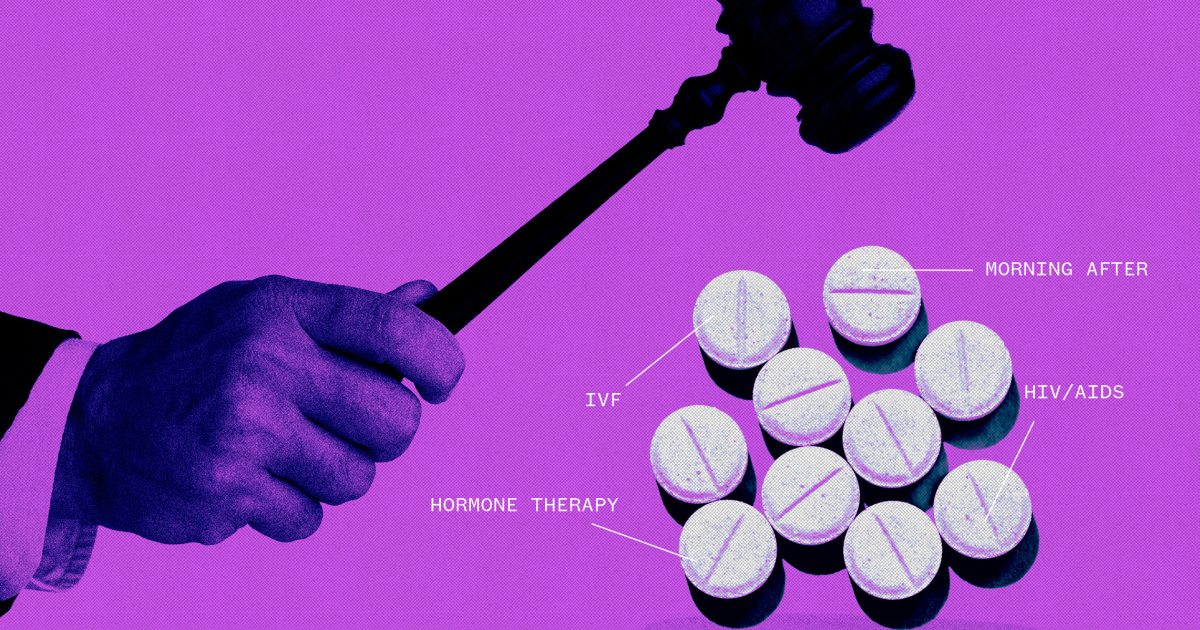Mea culpa
and demand for responsibilities.
The European Union has regretted this Wednesday the accumulated delay in the first month of the vaccination campaigns and has recognized that it relied too much on the pharmaceutical companies when it came to agreeing on the delivery schedule for the doses ordered.
Brussels now accuses the companies of having overestimated their production capacity and demands that they specify once and for all how many vials each country will receive and on what dates.
"It is a fact that we are not where we expected in the fight against the virus," said the president of the European Commission, Ursula von der Leyen, during a debate on vaccines in the European Parliament.
For the second time in just over a month, the plenary session of the European Parliament asks for explanations about the evolution of the vaccination campaigns that began on December 27 and that so far have only managed to immunize 4% of the EU population compared to 20 % from the UK or 12% from the US.
Von der Leyen has acknowledged: "Maybe we were very optimistic about mass production and maybe we were too confident that what we had ordered would arrive on time."
The community body negotiated on behalf of the 27 EU states reserve contracts with six pharmaceutical companies for a total of 2.3 billion doses.
After more than 50 days of campaign, the three companies with authorized products (BioNTech-Pfizer, Moderna and AstraZeneca) have only delivered 26 million doses and in almost all countries less than expected and later have been received.
The semi-annual presidency of the EU, held by Portugal, has accused the companies of having exaggerated their production capacity during the negotiation of the contracts.
"The truth is that the companies seem to have overvalued their production capacity," said Ana Paula Zacarias, Secretary of State for European Affairs of the Portuguese Government, during the parliamentary debate.
Zacarias recalled that they knew "that in the first phase the availability of vaccines would be limited."
But he has recognized that "the delay in delivery by some manufacturers is a source of concern" to which they must "react in real time."
"We need to ensure that companies respect the contracts they signed and fulfill their commitments," said the Secretary of State.
The first setback occurred with the arrival of BioNTech's vaccine, although that pharmaceutical company and its production partner, Pfizer, justified the delay due to the need to adapt one of their plants to increase manufacturing capacity.
The European Commission accepted the explanation and accepted that the pharmaceutical companies would later compensate the pending deliveries.
But the upset was even greater when AstraZeneca announced that it could not meet planned deliveries for the first three months.
The Commission and the company have engaged in a debate on a possible violation of the contract, but neither the possible responsibilities nor the final delivery schedule have yet been clarified.
"Countries need to know how many vaccines will be available and when they will arrive in order to organize their vaccination plans," insisted Ana Paula Zacarias.
"We need this data to be able to work, it is crucial," added the Portuguese leader.
Von der Leyen has admitted that, in a way, the Commission was misled after the negotiation of the contracts.
Industry sources have said for weeks that Brussels limited itself to contracts and then ignored production, an evolution that, according to these sources, it should have monitored.
"We were all focused on the development of vaccines, but globally we have underestimated the difficulty of mass production," the President of the Commission apologized to the full parliament.
Even so, Von der Leyen has made a closed defense of the European strategy, based on a joint reserve of vaccines (through a Community budget of up to 2.7 billion euros) to ensure that all countries, regardless of size or wealth, they accessed the products authorized by the European Medicines Agency (EMA, in its acronym in English) at the same time and under the same conditions.
"I do not even want to imagine what would have happened if a handful of large EU countries had guaranteed the vaccine and the rest had been left empty-handed," said Von der Leyen in one of the passages in German of a speech mostly in English and French.
In Germany, her country of origin, is where the president is receiving the most criticism for the failures of the common strategy, although much of them are part of the battle for the succession of Chancellor Angela Merkel.
Von der Leyen, usually aligned with Merkel, believes that without the joint purchase the European internal market and Europe's own unity could have been blown up.
"It would have been economic nonsense and would have meant the end of our community," he told the European Parliament in his mother tongue.
Defense of the European strategy
The main parliamentary groups that support the Commission (popular, socialist and liberal) have closed ranks with Von der Leyen and defended the European strategy, but have called for everything possible to be done to speed up production.
The leader of the European People's Party, German MEP Manfred Weber, advocates an investment plan of 10 billion euros to drastically increase production infrastructure.
The Spanish MEP Iratxe García, leader of the Socialists and Democrats group, has also assured that "adopting a European strategy has been the right decision, the only one possible."
But he has asked for the vaccination rate to be accelerated to send a message of certainty and tranquility to the public.
Von der Leyen has assured that the Commission has already drawn lessons from an experience of health coordination unprecedented in the history of Europe.
And among the measures it will take is the establishment of a network of European trials that will allow pharmaceutical companies to share the data of their analyzes more quickly with the European Medicines Agency, with a view to accelerating the authorization process.
The President of the Commission has also created a working group, led by European Commissioner Thierry Breton, which will be in charge of promoting the necessary measures with the industry to accelerate production.
"In a way, science has left the industry far behind," said Von der Leyen, alluding to the speed with which the vaccine has been developed (in just 10 months) against the bottlenecks that companies have in their production systems.
The president of the Commission acknowledges that it is a complex process.
"Vaccines include 400 components and up to 100 companies participate in their manufacture," said the European president.
"But the industry has to get to work at the same pace as science," he urged.






